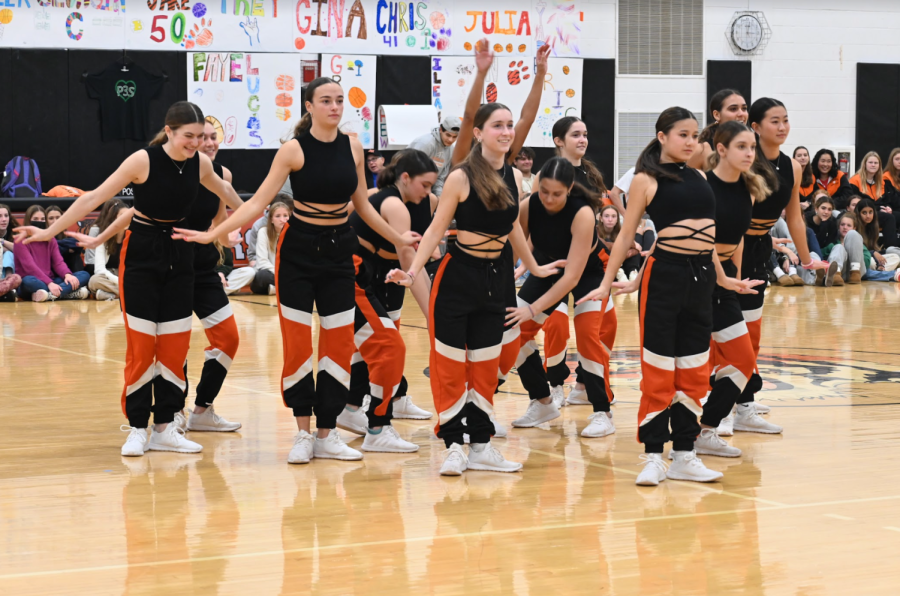by Sophie King
Liz Walker, an experienced television news journalist, humanitarian, and preacher, spoke about self-image and confidence in her life today C-block as part of Body Confidence Day.
Walker became the first African-American woman news anchor in Boston when she worked at WBZ (CBS Boston) for 20 years and faced challenges around the “very constructed image” of what people on television are expected to look like.
Growing up in Little Rock, Arkansas, Walker felt confused about her image as a teen, especially because she never saw African-Americans portrayed positively in the media. In addition to being taller than most boys at 6’1’’, “The world wasn’t appreciating blackness . . . and then, I had the audacity to be smart,” she said.
When the Civil Rights Movement gained attention, however, “Suddenly it was all right to be who you were, that was liberating to me,” she said.
Walker attributed affirmative action as something that helped her get into television, but said that there were always makeup and wigs, “ways to make me look less black . . . You were always trying to be something that you weren’t.”
Walker’s view changed when she travelled to Sudan in 2001 to shoot a story investigating allegations of slavery. “For the first time in my life, I confronted misery . . . inhumane suffering,” she said. “If you go to a place where people have no food, it might change your view of your problems.”
One day during her time in Sudan, a truck broke down and the film crew walked from village to village, with local women carrying their supplies. Walker had a big bag of makeup with her because “What television reporter would go anywhere without makeup?”, but she added that she “began to feel a little small,” when one woman walked for 10 miles in the desert with Walker’s makeup on her head.
Walker spoke at length about her life-changing experience in Sudan and said that she realized that our bodies and our body images are not as important as purpose and helping people. “Your beauty has nothing to do with your looks, it’s your heart,” she said. Before her trip, she didn’t think Africans were beautiful, because of the negative view of Africans in the media, but she realized that their grace and resilience gave them beauty.
Walker spoke about more problems in the television industry, saying, “You don’t get the right information from television. They’re there to make money . . . desperate for attention.”
As Walker concluded, she encouraged students to do something that really matters. She said that nothing could compare to her work in Sudan, and added, “I really do believe I played a small role in moving the world forward.”
“You’re all fabulous,” she said, to applause.












































